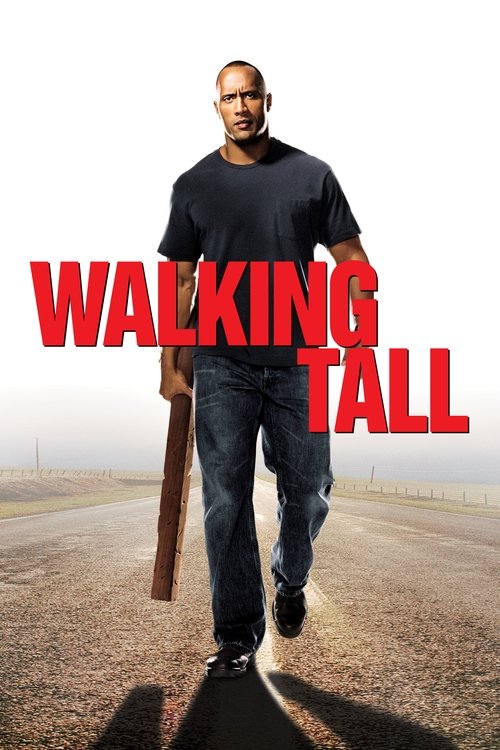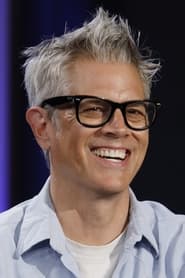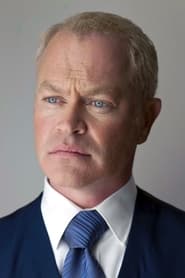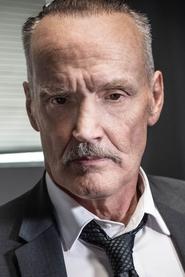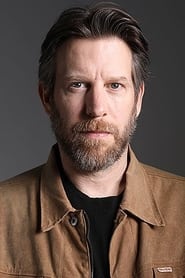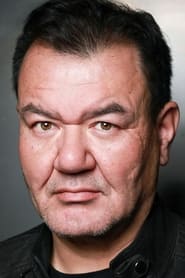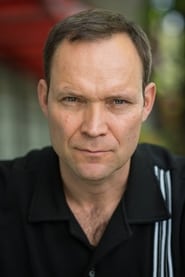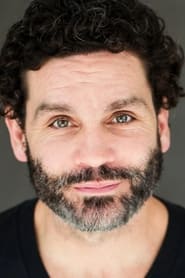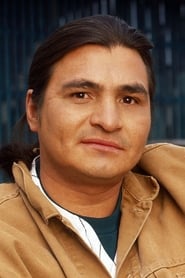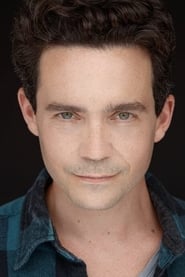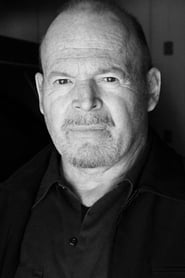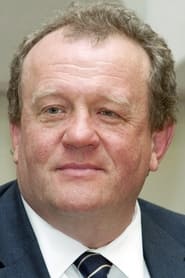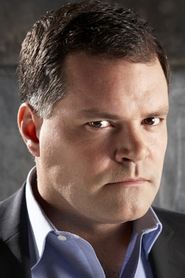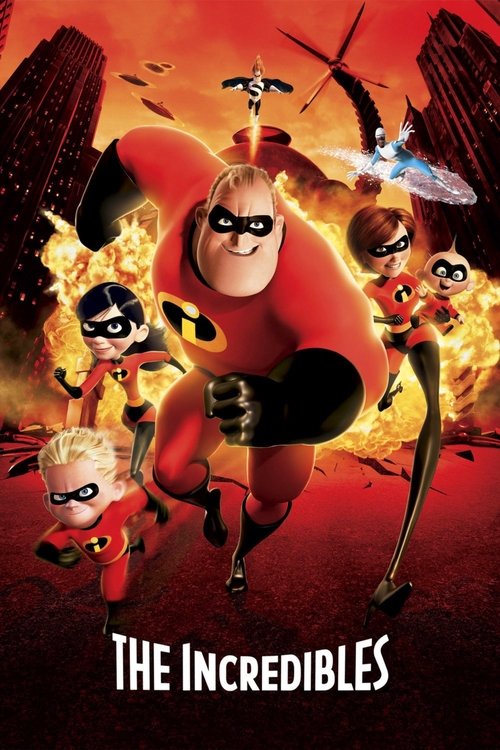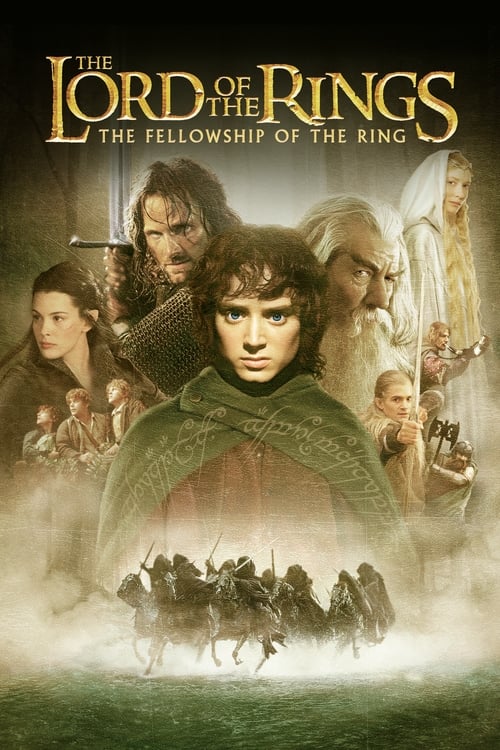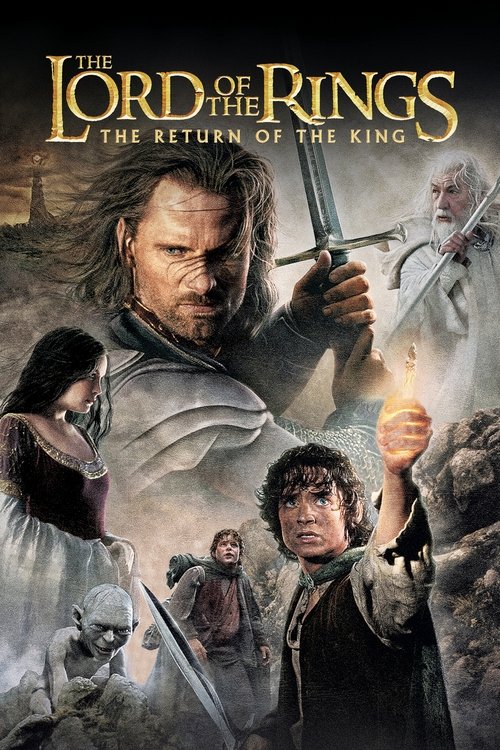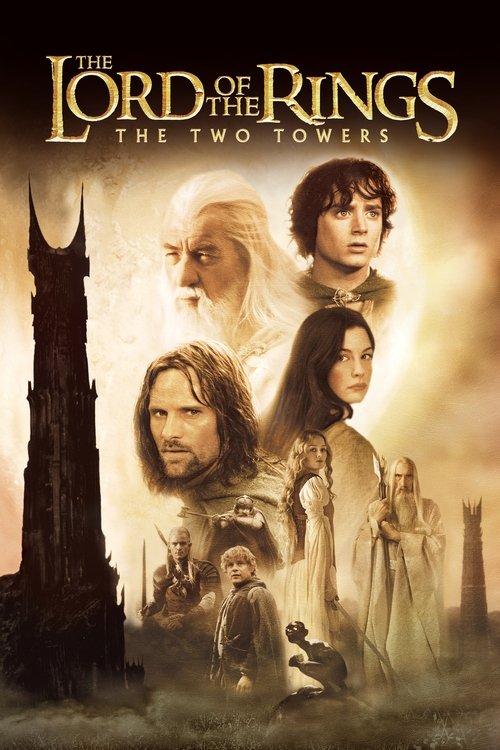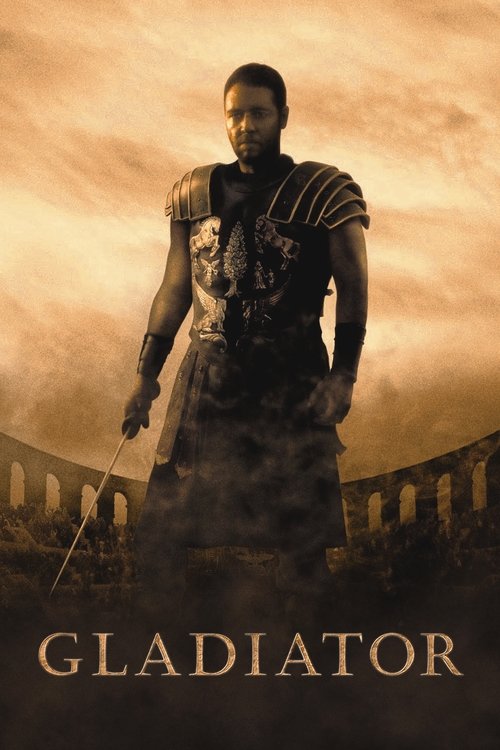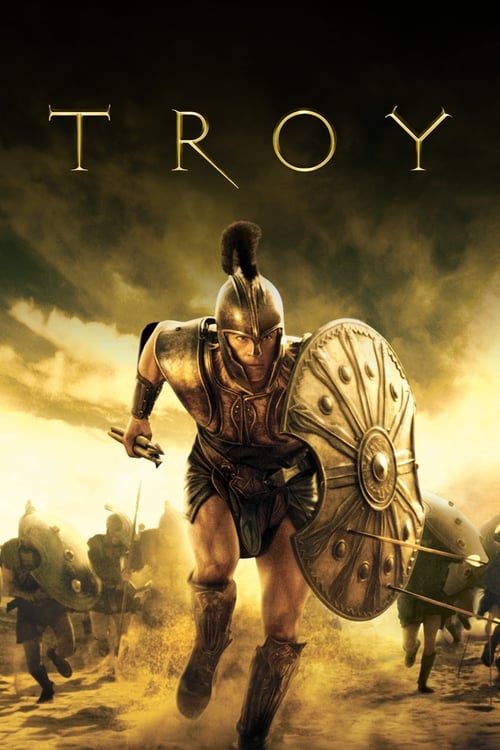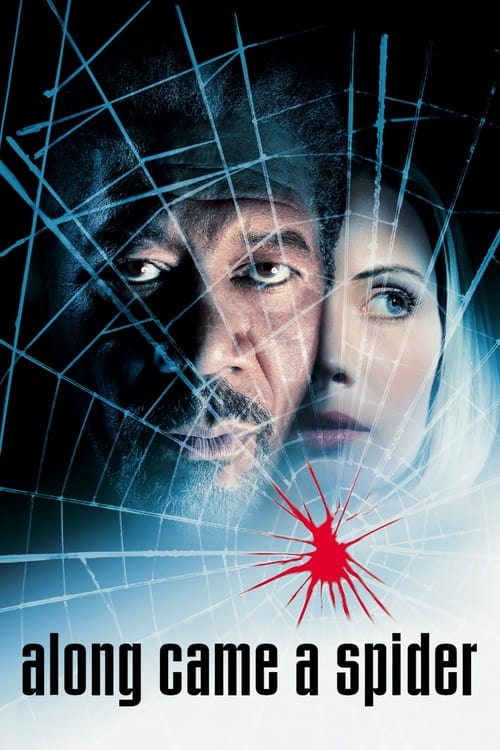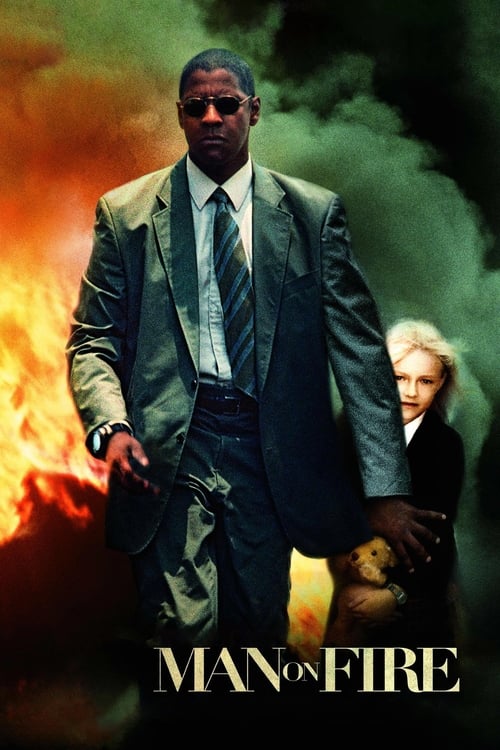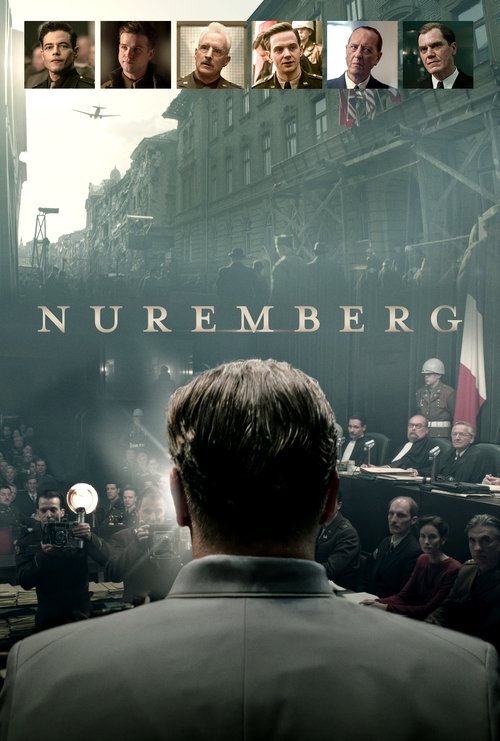
Ask Your Own Question
What is the plot?
Walking Tall (2004) – A Complete Narrative Spoiler
Chris Vaughn, a hulking, quietly intense former U.S. Special Forces sergeant, steps off a bus onto the familiar, rain-slicked streets of Kitsap County, Washington, on a gray afternoon in early autumn. The air smells of damp pine and distant industry, but something is missing--the rhythmic roar of the lumber mill, the heartbeat of his hometown. Instead, neon lights flicker from a garish casino, a monument to change, and not for the better. Chris hoists his duffel, his eyes scanning the town square, noticing the shuttered storefronts and the wary glances of old neighbors. He is home, but home is not what it was.
He walks to his family's modest house, where his father, Chris Vaughn Sr., a proud man now out of work, greets him with a bear hug. His mother, Connie Vaughn, wipes her hands on her apron, her smile tight with worry. His sister, Michelle Vaughn, a paramedic, is tending to her young son, Pete, who looks up at his uncle with wide eyes. The warmth is real, but the tension is palpable--Chris Sr. avoids talking about the mill, and the family's relief at Chris's return is tinged with unease.
That evening, Chris reunites with his old friend, Ray Templeton, at a local diner. Ray, wiry and quick with a joke, is now a recovering addict, his eyes haunted but his grin intact. Over coffee, Ray fills Chris in: "The mill's gone, man. Jay Hamilton Jr. shut it down. Now it's all about that casino--and whatever else he's got going on in there." Chris's jaw tightens. Jay Hamilton Jr. was always slick, always looking for an angle, but this is something else.
Curious and concerned, Chris and Ray head to the casino that night. The place is a cacophony of slot machines, flashing lights, and the murmur of desperate hope. Chris spots Deni, his high school sweetheart, now working as a dancer in one of the private booths. Their eyes meet--hers flash with shame, his with sadness. "I needed the money," she says quietly, turning away. Chris doesn't judge, but the sight stings.
Out on the gaming floor, Chris watches a craps game. The dealer, one of Jay's men, is using loaded dice. Chris calls him out, his voice calm but firm: "Those dice are crooked." The room goes quiet. Jay's security, a pack of thick-necked enforcers, moves in. Chris fights back, a whirlwind of controlled violence, but he's outnumbered. They beat him savagely, leaving him bloodied and unconscious by the roadside. Ray finds him, drags him to the hospital, where Michelle patches him up. Chris wakes to the steady beep of monitors, his body aching, his resolve hardening.
At his court hearing, Jay produces a parade of casino employees who testify that Chris was the aggressor, a dangerous man with a violent streak. Chris, disgusted, fires his lawyer and addresses the jury directly. His voice is raw, his scars still fresh: "This town used to have pride. We used to make something here. Now we've traded our mill for a casino that deals drugs and cheats its customers. Is this what we want?" The courtroom is silent. Chris's words hang in the air--a challenge, a plea. He announces his candidacy for sheriff, vowing to clean up the town.
The townspeople, stirred by his honesty and his visible wounds, elect Chris sheriff in a landslide. His first act: firing the corrupt police force. He deputizes Ray, whose knowledge of the local drug scene proves invaluable. Together, they raid a known drug house, arresting a low-level dealer named Booth. Chris interrogates Booth in the sheriff's office, but the man is terrified, his lips sealed. Outside, Deni arrives with food, her eyes soft with concern. She tells Chris she quit her job at the casino. There's a moment between them, unspoken but real.
The next morning, the calm shatters. Jay's men, led by the ruthless Watkins, attack the sheriff's office with machine guns, blowing up Chris's truck in a deafening explosion. Bullets tear through the walls. Inside, Booth, panicked, begs Chris to let him out of his cell. Chris, cool under fire, uses the moment: "Tell me where the lab is, and I'll get you out of here." Booth, seeing no other choice, confesses: "It's in the cedar mill. That's where they cook the stuff." No sooner are the words out of his mouth than a stray bullet cuts him down--Booth is dead, killed by the indiscriminate fire of Jay's men.
Chris and Deni fight back, picking off the attackers one by one. The gunfire is deafening, the office reduced to rubble. When the smoke clears, Chris checks on his family. Ray, guarding the Vaughn home, has already repelled another attack--Chris Sr. took down one of the gunmen with a well-placed shotgun blast. The family is shaken but alive.
With the town in chaos, Chris knows it's time to end this. He heads to the cedar mill, the heart of Jay's operation. The mill is dark, the air thick with the acrid stench of chemicals. Jay, calm and calculating, waits in the control room, a smirk playing on his lips. "You should have stayed away, Chris. This was never your fight." Chris doesn't answer. He moves through the shadows, avoiding the armed guards, until he confronts Jay face to face.
The fight is brutal. Jay uses the mill's machinery as a weapon, trying to crush Chris beneath grinding gears. Chris, battered but relentless, drags Jay through a trapdoor, and the two plummet down a chute, landing hard in a pile of sawdust. Chris's leg is badly injured, but he limps into the nearby forest, trying to staunch the bleeding. Jay, desperate, finds an axe and attacks. The two men circle each other in the dappled light, the only sounds their labored breathing and the distant call of crows.
Chris disarms Jay, breaking his arm with a sickening crack. Jay collapses, whimpering in pain. Chris stands over him, his voice a low growl: "It's over, Jay." He cuffs the broken man, leaving him for the authorities.
In the aftermath, Chris and Ray shut down the casino for good. The drug lab is dismantled, the dealers arrested. The town, though scarred, begins to heal. The lumber mill reopens, offering jobs and hope. Chris's family is safe, their home intact. Deni stands by Chris's side, a tentative smile on her lips. The sun breaks through the clouds as Chris looks out over his hometown, the weight of his mission lifted.
The film ends with Chris Vaughn, once a soldier, now a sheriff, walking tall through the streets he saved. The town is not perfect, but it's his--and he's given it a fighting chance. The credits roll as the mill's whistle blows, a symbol of renewal, and Chris's quiet determination lingers in the air. He has faced death, betrayal, and corruption, and emerged victorious. The story of Kitsap County is far from over, but for now, justice has been served.
More Movies Like This
Browse All Movies →
What is the ending?
In the ending of "Walking Tall," Chris Vaughn confronts the corrupt forces in his hometown, leading to a climactic showdown. After a fierce battle, he emerges victorious, restoring order and safety to the community. The film concludes with Chris reaffirming his commitment to his family and the town, having made a significant impact on the lives of those around him.
As the film approaches its conclusion, the tension escalates in the small town of Kitsap County, Washington. Chris Vaughn, played by Dwayne Johnson, has been on a relentless quest to clean up the corruption that has taken root in his hometown, particularly at the local casino run by the nefarious gangster, Jay Hamilton.
Scene 1: The Final Confrontation The climax begins with Chris rallying his friends and allies, including his childhood friend, who has been supportive throughout his journey. They prepare for a confrontation at the casino, where Chris knows the corrupt law enforcement and criminal elements will be waiting for him. The atmosphere is charged with anticipation and fear, as Chris understands the stakes--his own safety and the future of his community.
Scene 2: The Casino Showdown As Chris and his group enter the casino, the tension is palpable. The casino is filled with patrons, unaware of the impending chaos. Chris strides in confidently, his presence commanding attention. He confronts Jay Hamilton, who is flanked by his henchmen. The dialogue is terse, filled with the weight of their shared history and the conflict that has escalated over the course of the film. Chris's determination is evident; he is not just fighting for himself but for the entire town that has suffered under Hamilton's rule.
Scene 3: The Fight The confrontation quickly devolves into a brutal fight. Chris showcases his physical prowess, taking on multiple opponents with a combination of strength and strategy. The fight is intense, with punches thrown and bodies crashing against furniture. The camera captures the chaos, the fear in the eyes of the casino patrons, and the determination etched on Chris's face. He fights not just with his fists but with the resolve to protect his community.
Scene 4: The Turning Point As the fight rages on, Chris's allies join the fray, turning the tide against Hamilton's men. The scene is chaotic, filled with the sounds of shattering glass and the grunts of combatants. Chris's internal motivation is clear; he is fueled by a desire to reclaim his town and restore peace. The fight culminates in a moment where Chris faces Hamilton directly. Their confrontation is not just physical but symbolic of the struggle between good and evil in the community.
Scene 5: Victory and Resolution After a fierce battle, Chris ultimately overpowers Hamilton, delivering a decisive blow that leaves the gangster incapacitated. The remaining henchmen, seeing their leader defeated, begin to flee. The atmosphere shifts from chaos to relief as the townspeople realize that the threat has been neutralized. Chris stands tall, battered but victorious, embodying the spirit of resilience and justice.
Scene 6: The Aftermath In the aftermath of the fight, the community begins to come together. Chris is seen speaking with the townspeople, reassuring them that they can reclaim their lives and their town. The local law enforcement, previously corrupt, is now held accountable, and Chris's actions have inspired a sense of hope and unity among the residents.
Scene 7: Family and Future The film concludes with Chris returning home to his family. He embraces his girlfriend, who has been supportive throughout his journey, and they share a moment of relief and joy. Chris reflects on the changes he has made, both in himself and in the community. The final scenes depict a town beginning to heal, with Chris at the forefront, symbolizing a new beginning. The film ends on a hopeful note, emphasizing the importance of standing up against corruption and fighting for what is right.
In summary, the fates of the main characters are as follows: Chris Vaughn emerges victorious, having restored order to his town; Jay Hamilton is defeated and left incapacitated, symbolizing the fall of corruption; and the community begins to heal, united by Chris's bravery and determination.
Is there a post-credit scene?
In the 2004 film "Walking Tall," there is no post-credit scene. The movie concludes with the resolution of the main conflict, where Chris Vaughn, played by Dwayne Johnson, successfully takes a stand against corruption in his hometown. After a climactic showdown with the local crime boss, the film wraps up with a sense of closure, showing Chris's commitment to restoring order and safety in his community. The absence of a post-credit scene aligns with the film's focus on the narrative's resolution rather than setting up future storylines.
What motivates Chris Vaughn to return to his hometown?
Chris Vaughn, played by Dwayne Johnson, is motivated to return to his hometown after serving in the military. He comes back to find that his childhood home has changed drastically, with crime and corruption rampant. His desire to protect his community and restore order drives him to take action against the local criminal elements.
How does Chris Vaughn confront the corrupt sheriff?
Chris Vaughn confronts the corrupt sheriff, Sheriff Stan Watkins, by gathering evidence of his illegal activities and the rampant crime in the town. He stands up to the sheriff during a tense confrontation, showcasing his determination to bring justice to the community, despite the risks involved.
What role does the bar, the 'Pineapple', play in the story?
The 'Pineapple' is a central location in the film, serving as a hub for illegal activities and a symbol of the town's corruption. It is where Chris Vaughn witnesses the extent of the crime and violence that has taken over his hometown, ultimately leading him to take a stand against the criminals operating there.
How does Chris Vaughn's relationship with his friends evolve throughout the film?
Chris Vaughn's relationship with his friends, particularly with his childhood friend and fellow veteran, evolves as they witness the changes in their town. Initially supportive, his friends become more involved in his fight against corruption, showcasing themes of loyalty and camaraderie as they band together to reclaim their community.
What is the significance of Chris Vaughn's physical confrontations with the criminals?
Chris Vaughn's physical confrontations with the criminals serve as a manifestation of his internal struggle and determination to protect his hometown. Each fight represents not only his fight against the physical threats but also his battle against the moral decay in the community, highlighting his growth as a character who stands up for what is right.
Is this family friendly?
"Walking Tall," produced in 2004, is rated PG-13 and contains several elements that may be considered objectionable or upsetting for children or sensitive viewers. Here are some aspects to be aware of:
-
Violence: The film features multiple fight scenes, including physical confrontations that can be intense and graphic. Characters engage in brawls, and there are moments of brutality that may be disturbing.
-
Gun Use: There are scenes involving firearms, including characters brandishing guns and the threat of gun violence, which could be alarming for younger audiences.
-
Drug Use: The film depicts drug-related activities, including references to drug dealing and the presence of drug use in certain scenes, which may not be suitable for all viewers.
-
Corruption and Crime: The storyline revolves around themes of corruption, organized crime, and the struggles against a criminal element in the community, which may be unsettling for some.
-
Strong Language: There are instances of strong language throughout the film, which may not be appropriate for younger viewers.
-
Emotional Struggles: Characters experience significant emotional turmoil, including themes of loss, betrayal, and the pressure of standing up against wrongdoing, which could be heavy for sensitive viewers.
These elements contribute to the film's mature themes and may require parental guidance for younger audiences.

